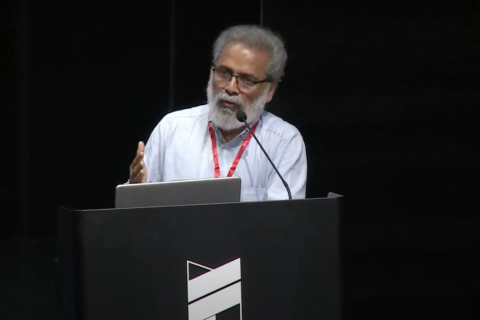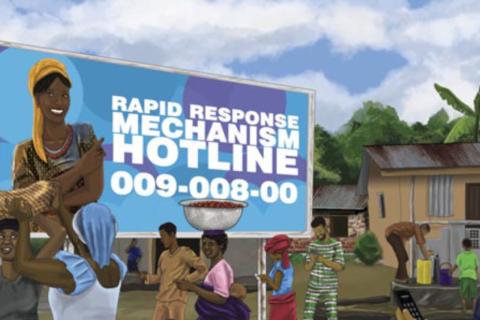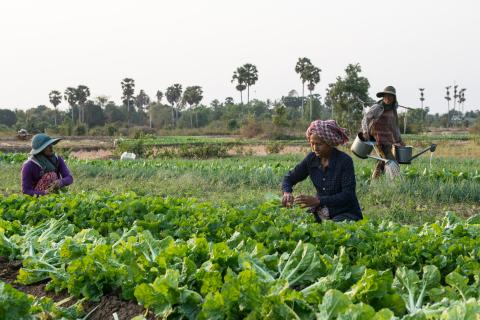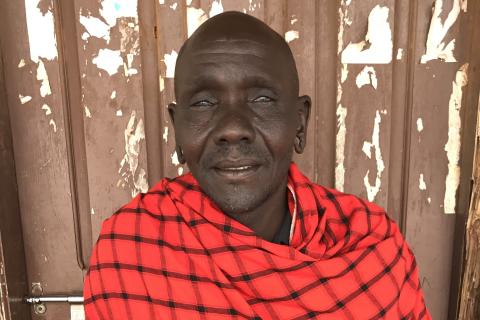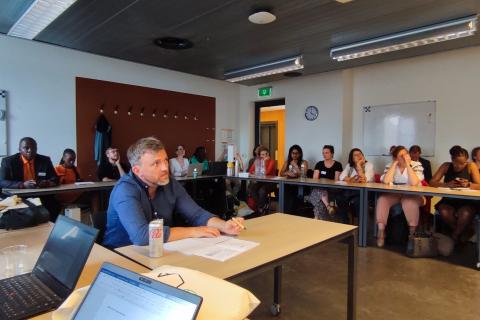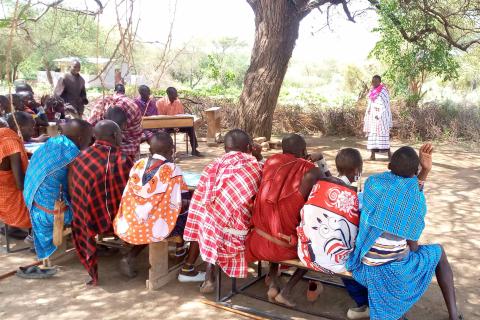Rapid response mechanisms: proactive legal support for communities
Rapid response mechanisms (RRMs) are a new, proactive legal approach designed to provide legal and technical support to communities facing nascent conflicts related to land-based investments. RRMs provide preventative rather than reactive legal help the moment a conflict arises or community members’ rights are threatened, rather than trying to reverse rights violations once they have already occurred.
What’s Gender Got to Do with the Governance of Land?
A Recap of the Recent Land Portal-MRLG Webinar on Gender Equitable Land Governance in the Mekong Region
On Thursday 15 February, the Mekong Region Land Governance (MRLG) project and the Land Portal launched the first webinar in the State of Land in the Mekong series. The series, which will consist of three webinars across 2024 and 2025, aims to shine a spotlight on land issues in the Mekong region during a time of immense rural transformation.
People are hungry for this knowledge
By Peter Sangeyon, Gender and Land Champion, WOLTS Project Tanzania
From 1995 to 2005 I was the village chairman, and I was a ward councillor for ten years after that. I was very pleased when the community selected me to be a WOLTS gender and land champion.
Does strengthening land governance align with fair climate transitions?
Communities in developing countries are increasingly exposed to the effects of climate change. Although they contribute little to greenhouse gas emissions, many communities are at the forefront of climate change and the associated extreme events. They are faced with events that undermine their food security, such as droughts and floods, but also increased pressure on land due to climate-induced migration. In this session, we delved into the nexus of climate change and land governance.
A Growing Momentum to Promote Youth Land Rights in Tanzania
Tanzania’s youth population (defined as women and men between the ages of 15 and 35) constitutes about 35% of the country’s population. In Tanzania, youth engagement in agriculture is considered vital, given that youth form the largest part of the population and labour force in the country.
Webinar recap: The New Customary Land Rights Act in Sierra Leone
In September 2022, Sierra Leone enacted unprecedented new laws related to land, climate and sustainable development – the Customary Land Rights Act 2022 and the National Land Commission Act 2022. The webinar focused on the Customary Land Rights Act 2022, and its transformative power to support communities in protecting their land rights and pursue sustainable development.
Necessity knows no law? How the climate crisis shapes the State’s power to take or limit ownership.
Global warming is one of the greatest challenges humanity has ever faced. The reduction of the emission of greenhouse gas by cutting back consumption, particularly in high-income countries, and the transition from fossil fuels as energy sources to renewable energy sources such as wind and solar power are essential to the survival of billions of people. However, this requires the cooperation of billions of businesses and people who, for example, drive cars that run on petrol or heat their buildings with gas or oil.
Land-based investment in Tanzania: how simplified legal guides are empowering communities
Over the last 20 years in Tanzania, conflict has escalated between communities and foreign investors over land rights and land-based investments. Here, Masalu Luhula discusses how the use of simplified legal guides is helping to empower communities to engage in dialogue and negotiations with government authorities and investors – and to promote socially responsible land-based investment.
Leveling the playing field for inclusive territorial development: Going beyond technical solutions
Rhonda Hamilton: Fighting so that Children in her Community can “Live to be Grandparents”
As a child, Saturdays meant two things for Rhonda: trash and pizza. Her mother ardently believed in being ‘a good member of her community’ and was committed to teaching her children the same. “She’d wake us up Saturday mornings and say, ‘Come on! Let’s go pick up the trash! We’d say, ‘Booo!’ And then she’d say, ‘Well, I’m going to take you out for pizza after.’ And we’d say, ‘Yay!’” recalls Rhonda with a laugh.

